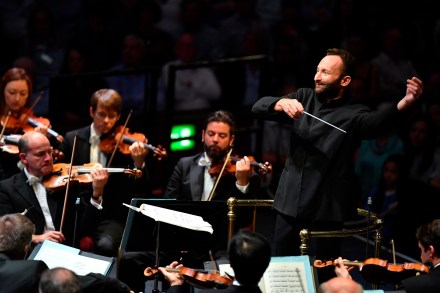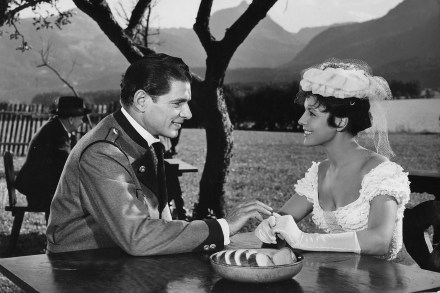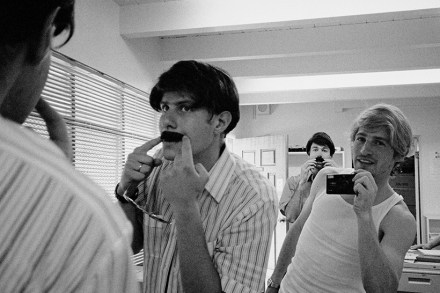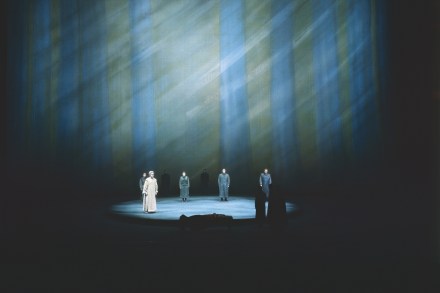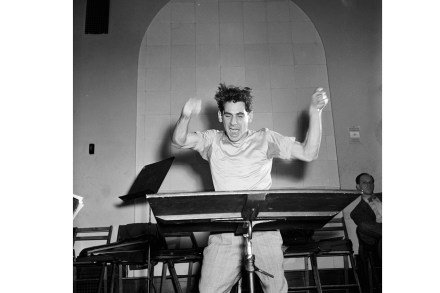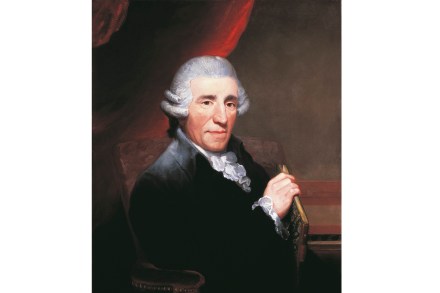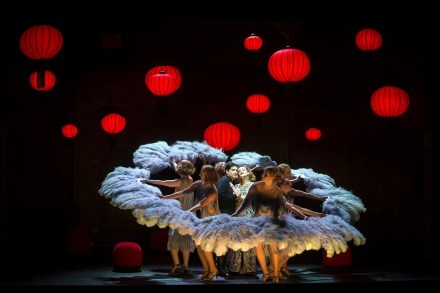Top of my must-watch mustn’t-watch: Cats revisited
At the outset of lockdown I gave you my list of top mustn’t-watch films — that is, the ones that aren’t worth the bother — with the rider that when Cats is released digitally it will, however, likely be a must-watch mustn’t-watch. ‘I absolutely must watch this mustn’t-watch,’ you may even have said to yourself, after reading some of the wonderfully terrible reviews. (The Daily Telegraph gave it zero stars. Variety said it was one of those ‘once-in-a-blue-moon embarrassments’.) And it is as hoped. In fact, it is such a must-watch mustn’t-watch that I watched it twice and never stopped marvelling, even if I will be forever haunted by Ian


